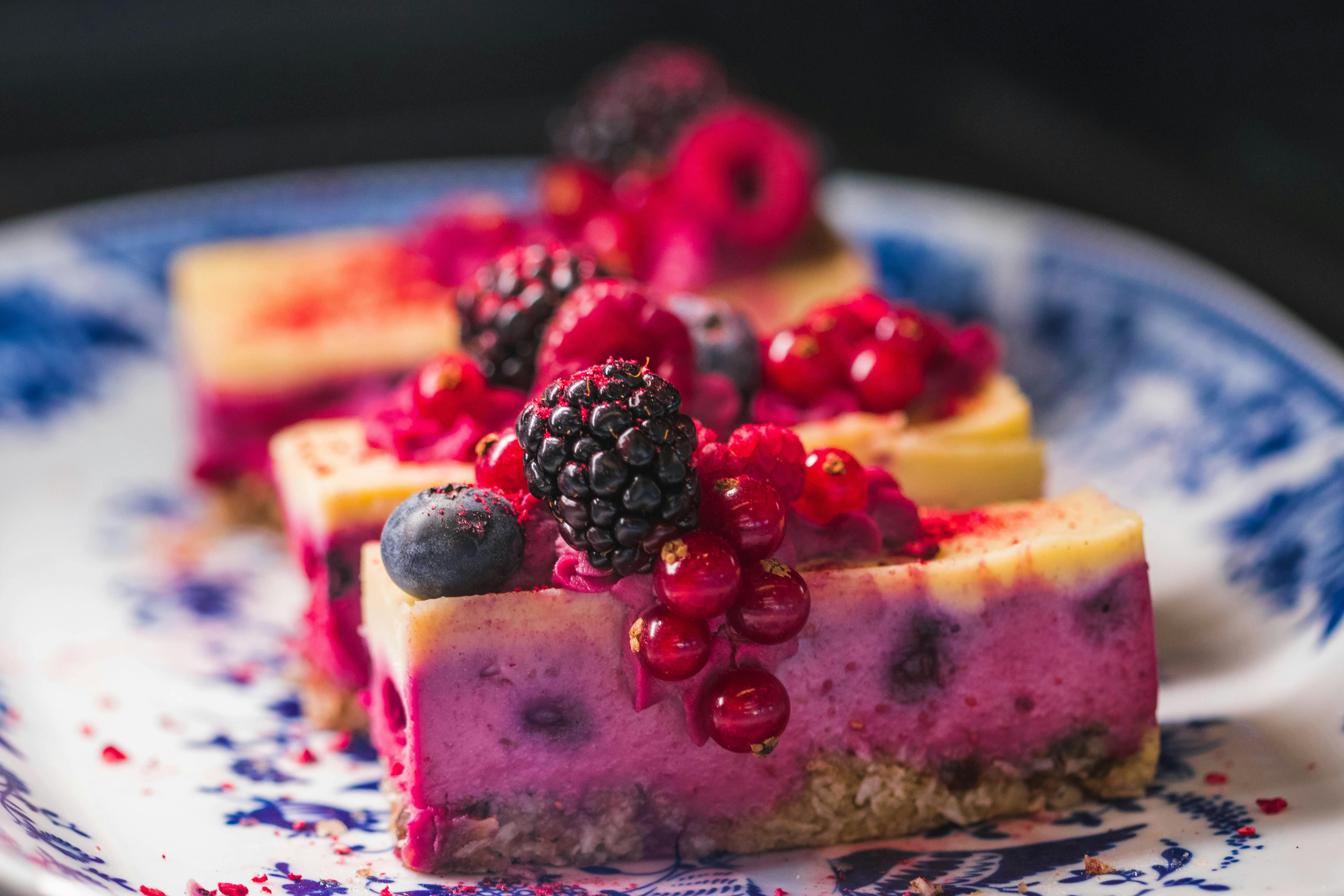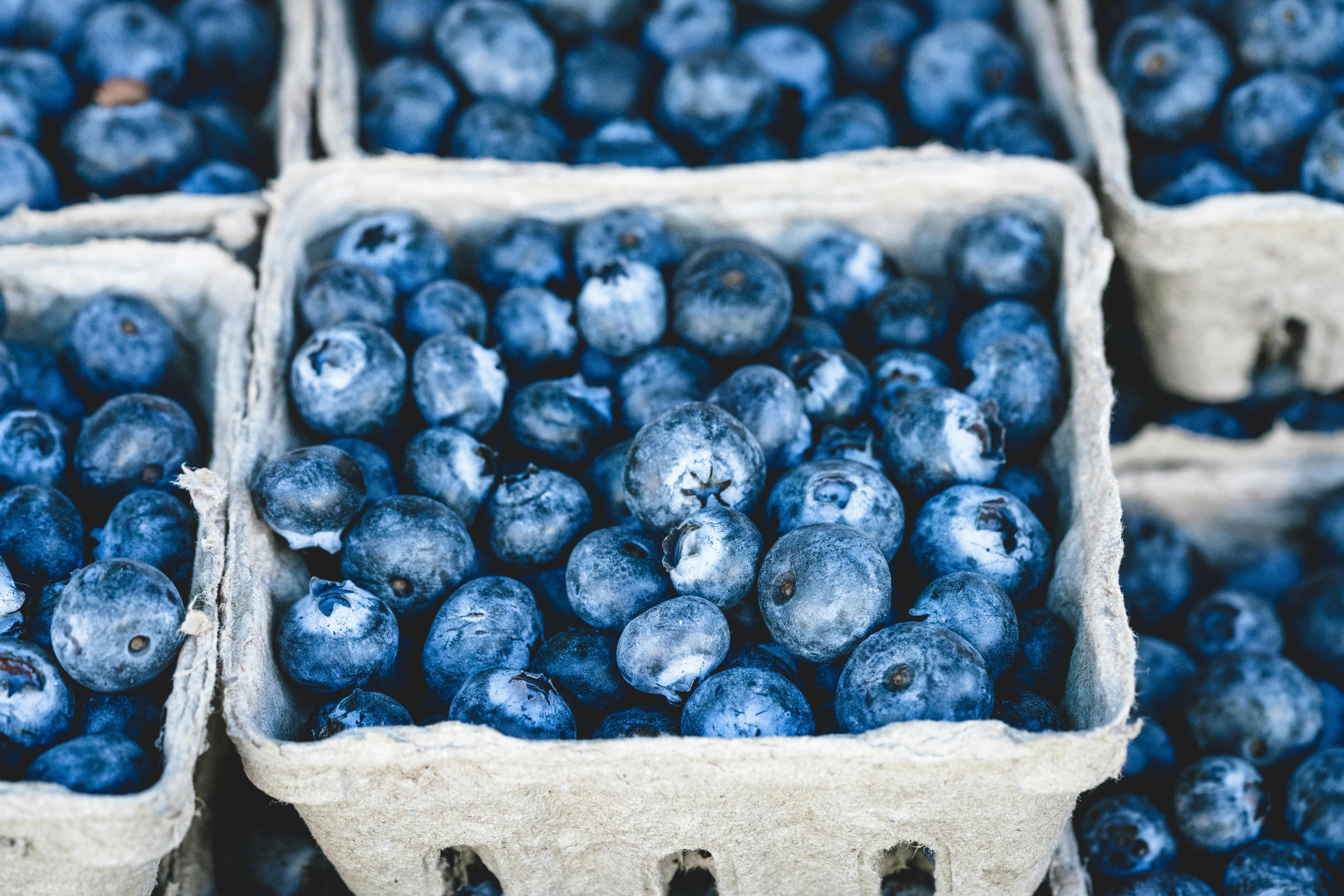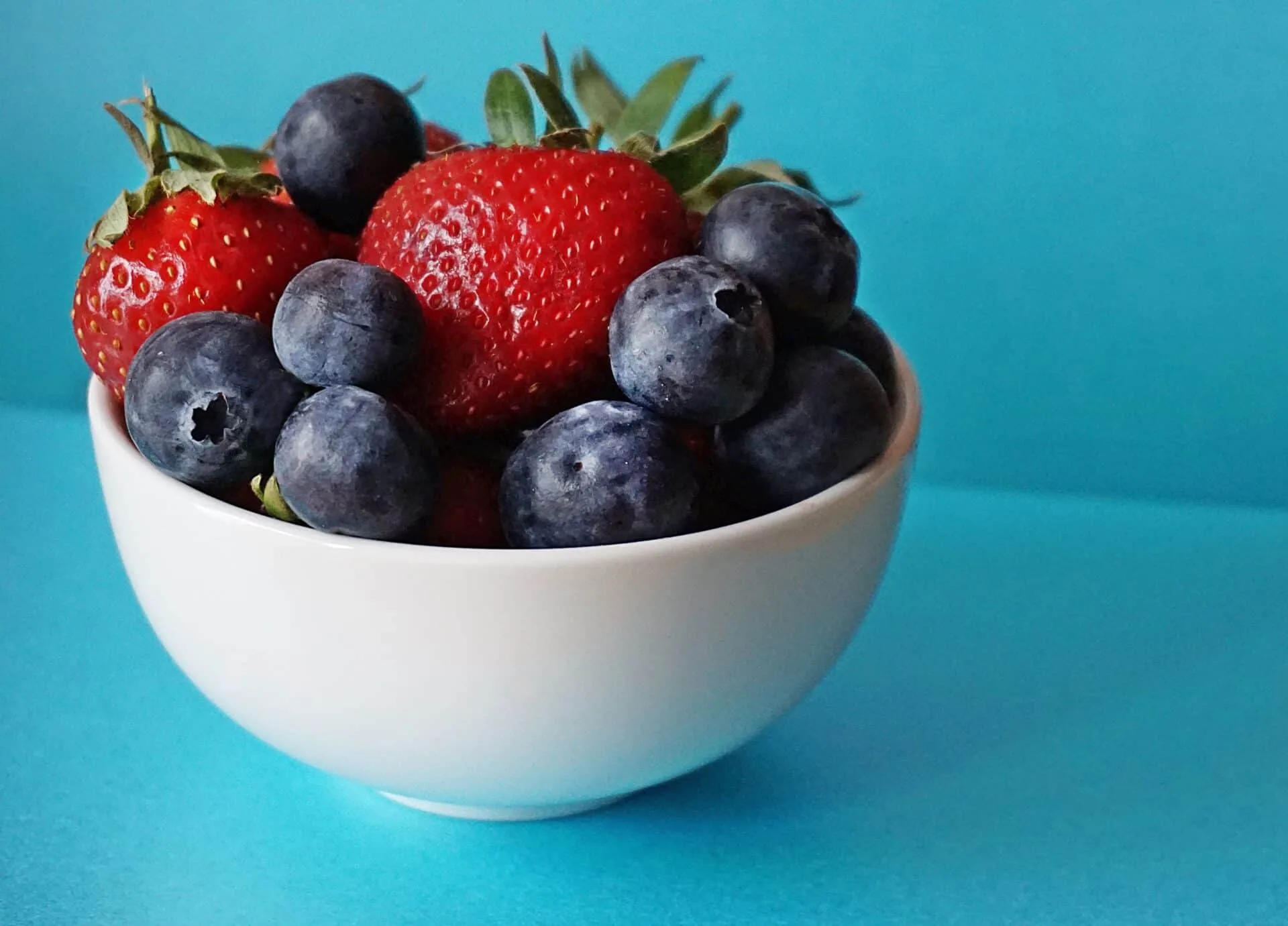Have you ever wondered why some blueberries are sweet while others are sour? This perplexing mystery has been around for centuries, and many theories have been proposed to explain the difference. In this article, we’ll take a closer look at why some blueberries are sour and some sweet. We’ll explore the various factors that can influence the taste of a blueberry, from the variety of berry to the soil and climate conditions in which it grows. Finally, we’ll discuss how you can optimize your own blueberry-picking experience to ensure you get the best-tasting berries possible.There are a few possible reasons why some blueberries are sour. The primary cause is due to the variety of blueberry. Different varieties of blueberries can have varying levels of sweetness and tartness depending on their genetic makeup. Additionally, another factor that can influence the taste of a blueberry is its ripeness. Under-ripe or over-ripe blueberries may be more sour than those that are perfectly ripe. Finally, other environmental factors such as climate, soil type, and water availability can also affect the flavor profile of a blueberry.
Environmental Factors
The sweetness of blueberries is highly affected by environmental factors. Weather conditions, such as temperature, sunlight, and humidity, all have an effect on the level of sweetness in blueberries. If the temperatures are too high or too low, it can reduce the amount of sugar in the fruit. Similarly, too much or too little sunlight can also affect the sweetness of blueberries. The amount of water and nutrients available to the plant also play a role in how sweet the fruit will be.
Soil Quality
The quality of soil plays an important role in determining how sweet a blueberry will taste. Soils with higher levels of nutrients tend to produce sweeter berries. Certain minerals found in soil, such as calcium and magnesium, can help to increase the sweetness of a berry if they are present in higher concentrations than other elements. Additionally, soil pH also has an effect on how sweet a berry will be; acidic soils tend to produce sweeter fruits than those grown in neutral-pH soils.
Fertilizer
The use of fertilizer can also affect the sweetness of blueberries. Fertilizers that contain high levels of nitrogen can increase sugar content and enhance flavor, while fertilizers that contain excessive amounts of phosphorous can reduce sugar levels and diminish flavor. It is important to use fertilizers that are specially formulated for blueberry plants in order to ensure optimal flavor development.
Harvesting Time
Timing is also important when it comes to harvesting blueberries for maximum sweetness. Generally speaking, waiting until later in the season will result in sweeter fruit because more time allows for increased sugar production within the berry itself. If picked too early, however, this can lead to sour or tart berries that lack sweetness due to incomplete sugar development within the fruit itself.
Health Benefits of Eating Sour Blueberries
Eating sour blueberries is a tasty and nutritious way to help maintain a healthy lifestyle. Sour blueberries are packed with antioxidants, vitamins, and minerals that can provide many health benefits. They contain high levels of vitamin C, which can help boost your immune system and reduce inflammation. Sour blueberries also contain vitamin A which helps to improve vision and protect the eyes from damage. They are also rich in dietary fiber which helps to regulate digestion and keep you feeling full longer.
Sour blueberries are also a great source of polyphenols, which are plant compounds that have many health benefits. Polyphenols can help lower cholesterol levels, reduce the risk of heart disease, and even help protect against certain types of cancer. Additionally, they may help improve brain function by increasing levels of dopamine and serotonin in the brain.
If you’re looking for a healthy snack option, sour blueberries are an excellent choice. They are low in calories but packed with nutrition and flavor. Eating sour blueberries can help keep you feeling fuller longer while providing essential vitamins and minerals for optimal health. Additionally, they are a great way to add some sweetness to your diet without adding extra sugar or calories. So if you’re looking for a tasty snack that’s good for you, look no further than sour blueberries!
Sweet and Sour Blueberries
Blueberries are one of the most popular types of fruit, and for good reason. They are full of vitamins, minerals, antioxidants, and fiber. They can be eaten raw or cooked in a variety of dishes. What makes blueberries so special is that they come in both sweet and sour varieties. Sweet blueberries have a mild taste and are best enjoyed raw or in jams and jellies. Sour blueberries have a tart flavor that is great for baking pies, muffins, cakes, or other desserts.
Wild Blueberries
Wild blueberries are small but pack a powerful punch when it comes to flavor. These tiny berries have a deep purple-blue hue and a tart yet sweet taste. They are high in antioxidants, which makes them an excellent choice for healthy snacks or salads. Wild blueberries can also be used to make jams, jellies, pies, muffins, and cakes.
Cultivated Blueberries
Cultivated blueberries are larger than wild ones and have a sweeter taste. These berries have a light blue color with hints of purple and green on the skin. Cultivated blueberries are great for snacking on their own or adding to yogurt, ice cream sundaes, cereal bowls, pancakes or waffles. They can also be used in baking recipes like scones or muffins as well as making jams or jellies.
Frozen Blueberries
Frozen blueberries are perfect for smoothies or other cold treats such as sorbet or ice cream sundaes. They can also be added to hot oatmeal or cereal for a quick breakfast option on busy mornings. Frozen berries can also be used to make jams and jellies with just the addition of sugar and pectin. Frozen berries tend to retain more of their nutrients than fresh ones due to the freezing process which locks in all the vitamins and minerals found in them naturally.
No matter which type of blueberry you choose- sweet or sour- you can enjoy their many health benefits while indulging in their delicious flavor at the same time!
How to Tell If a Blueberry is Sour or Sweet
Tasting a blueberry to tell whether it is sour or sweet is the easiest way to figure out its flavor. However, there are other methods that can be used to determine the taste of a blueberry. The first method is examining the color of the blueberry. Generally, if the blueberry has a greenish tinge and is slightly firm to the touch, it is more likely to be sour. On the other hand, if it has a dark purple hue and is slightly soft to touch, it will likely be sweet. The second method involves smelling the blueberry. If it gives off an overly strong smell, then chances are that it will be sour. But if it smells sweet and pleasant, then it will likely be sweet as well. Finally, you can squeeze the berry gently with your fingers to see if any juice comes out—if so, then this could indicate that the berry is ripe and sweet.
Overall, there are several methods you can use to tell whether a blueberry is sour or sweet before tasting it. By examining its color and texture, as well as smelling and squeezing it gently with your fingers, you should be able to determine whether a blueberry tastes sour or sweet without having to bite into one first!

Growing Sweet or Sour Blueberries
Blueberries are a delicious and nutritious fruit that can be enjoyed year-round. Growing your own blueberries is a great way to enjoy fresh berries for far less cost than buying them in the store. Sweet or sour blueberries can be grown in almost any climate, but there are some tips you should follow to ensure success. Here are some tips on how to grow sweet or sour blueberries.
Start with healthy plants. Choose plants that have been grown from disease-resistant varieties and inspect them for signs of disease or pests before planting. Plant your blueberry bushes in an area that gets plenty of sunlight and has well-drained soil with a pH between 4.0 and 5.5. Amend the soil with compost or other organic matter to help keep it moist and fertile.
Water your blueberry bushes regularly, especially during dry periods, to keep the soil moist but not soggy, as this can lead to root rot. Mulch around the base of the plants with organic matter such as pine needles, grass clippings, or leaf mold to help conserve water and reduce weeds. Fertilize regularly with an acid fertilizer formulated for blueberries such as ammonium sulfate or ammonium nitrate to promote healthy growth and abundant fruit production.
Prune your blueberry bushes in late winter before new growth begins by removing dead or damaged branches and thinning out overly dense areas of growth. This will help improve air circulation which will reduce the risk of fungal diseases such as powdery mildew.
Protect your plants from birds by covering them with netting when they begin producing fruit. Birds can quickly strip a bush bare so it’s important to take steps to protect your harvest! Finally, harvest when the berries turn a deep blue color for sweet varieties or light yellow for sour varieties, then enjoy!
Blueberry Sweet and Sour Recipes
For those who love sweet and sour flavors, blueberries are a great choice for creating delicious dishes. From soups to salads to desserts, blueberries are a versatile ingredient that can be used to create a variety of unique meals. Here are some recipes for making sweet and sour dishes with blueberries that will tantalize your taste buds.
Blueberry Salsa
This salsa is the perfect balance of sweet and sour. Start by combining 1/2 cup of diced tomatoes, 1/4 cup diced red onion, 1/4 cup chopped cilantro, 1 jalapeno pepper (seeded if desired), 2 tablespoons lime juice, and 1 tablespoon olive oil in a bowl. Mix well and season with salt and pepper to taste. Add in 3/4 cup fresh or frozen blueberries and stir until evenly combined. Serve with tortilla chips or use as a topping for grilled fish or chicken.
Blueberry Salad
This salad is perfect for a light lunch or dinner side dish. Start by combining 2 cups fresh spinach leaves, 1/2 cup crumbled feta cheese, 1/4 cup chopped walnuts, 2 tablespoons minced red onion, and 2 tablespoons balsamic vinegar in a bowl. Mix well and season with salt and pepper to taste. Add in 3/4 cup fresh or frozen blueberries and toss until evenly combined. Serve cold or at room temperature.
Blueberry Compote
This compote is the perfect topping for pancakes or waffles – it’s also delicious served over ice cream! Start by combining 2 cups fresh or frozen blueberries, 1 tablespoon sugar, 2 tablespoons orange juice, 1 teaspoon grated orange zest, 1 teaspoon lemon juice, and 1 teaspoon ground cinnamon in a saucepan over medium heat. Cook until the berries have broken down and the mixture has thickened slightly – about 5 minutes. Serve warm or cold over your favorite breakfast items!
Storing Blueberries
Storing blueberries correctly is key to keeping them sweet and fresh. Before storing, be sure to inspect the blueberries to make sure there are no moldy or squishy berries. Discard any that don’t look fresh and put the rest in a shallow container with a lid. Place the container in the refrigerator for up to 10 days. Blueberries can also be frozen for up to a year, though they will become mushy when defrosted. To freeze, spread out the berries on a baking sheet lined with wax paper and place in the freezer until frozen. Once frozen, transfer them to an airtight container or bag and store in the freezer for up to one year.
Tips for Keeping Fresh Blueberries
Fresh blueberries should have a bright color and firm texture when ripe. Make sure not to wash them before storing as this can cause them to become soggy and spoil more quickly. It’s best not to mix unripe berries with ripe ones as unripe ones can cause ripe ones to spoil faster. Store away from strong-smelling foods as they can absorb odors. Lastly, don’t leave blueberries out on the countertop too long as they will quickly spoil due to warm temperatures.
Storage Tips
Store fresh blueberries in their original packaging or in an airtight container in the refrigerator for up to 10 days. To keep them fresher longer, line a shallow container with a paper towel before adding the berries; this will absorb moisture and prevent spoiling. If you plan on freezing your blueberries, spread them out on a baking sheet lined with wax paper and place it in the freezer until frozen before transferring them into an airtight bag or container; this prevents clumping together of the berries.

Conclusion
The reasons why some blueberries are sour and some are sweet vary depending on the variety of blueberry, the soil in which it is grown, and the climate in which it is grown. Sour blueberries are likely to be higher in acidity and lower in sugar than sweet varieties. Sweet blueberries are likely to be lower in acidity and higher in sugar than sour varieties. Generally, tart or sour blueberries can be used for baking while sweet blueberries can be eaten out of hand or used as a snack.
Blueberries have long been a part of human nutrition, providing essential vitamins and minerals that help to keep our bodies healthy. Whether you prefer sweet or sour blueberries, they can both offer great health benefits when incorporated into your diet. So enjoy your favorite variety of blueberry knowing that you’re getting a nutritious snack.



